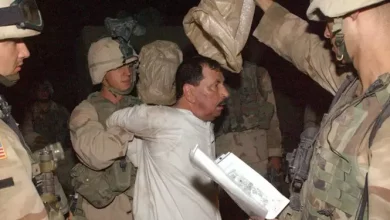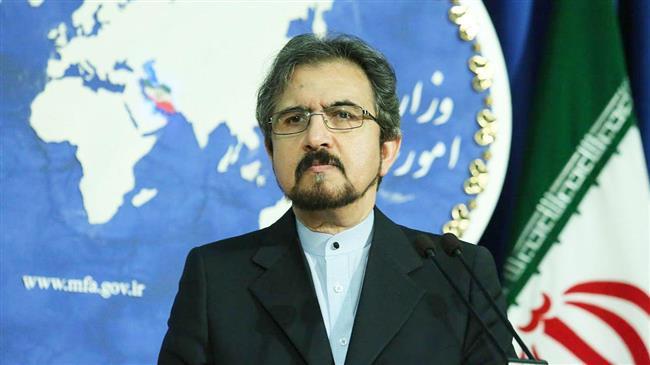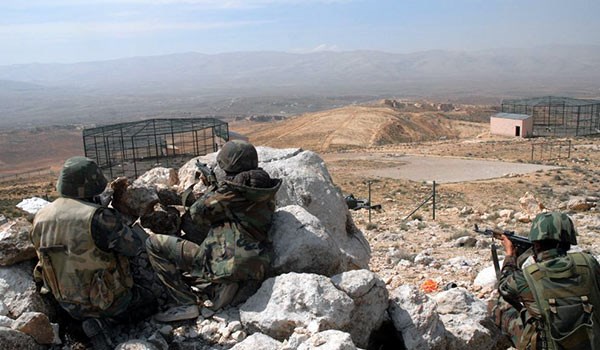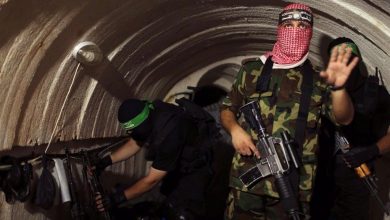US and UK Won’t Even Approve Nuclear Weapons Ban Symbolically!
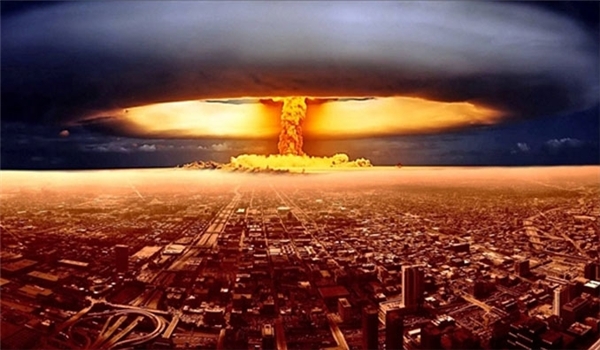

Unfortunately, it won’t involve any actual disarmament. That’s because every single nuclear weapons-having nation on the planet has boycotted the effort, along with the entire NATO alliance. Most of the nations have quietly ignored the conferences, while the United States has been particularly outspoken in its opposition of the plan, saying that it is “not realistic” and that the US doesn’t trust the other nuclear powers to disarm if a deal was reached.
The final text is thus largely symbolic, though it does add at least a little momentum to the global disarmament movement. Future signatories to the treaty would be obliged to either disarm unilaterally before accession, or agree to a specific disarmament plan.
Obviously, the United States government has trust issues. It refuses to look in the mirror and meet the one that will betray it the most: The United States government itself. The timing could not have been worse. This is the same US government that also forced the International Atomic Energy Agency to vote against a resolution, which would have expressed formal “concern” over Israel’s nuclear arsenal, and urged it to join the Nuclear Non-Proliferation Treaty (NPT).
No longer concerned with their conscience, the United States and its NATO allies – including the UK that secretly sold Israel the material and expertise to make nuclear warheads – even say Israel could keep its nukes. They have told the IAEA that the real problem in the volatile Middle East is Iran, saying it would be inappropriate to even mention Israel while the Iran deal was still in place!
This is while their nuclear arsenal – the gravest threat to humanity – continues to endanger the non-proliferation Treaty. The regimes in Washington and London have not even bothered to declare their intentions to abandon their weapons of mass destruction program. Quite the contrary, they continue to test new nukes with an enormous indifference to International Law and their own safety.
The bottom line is that both the US and the UK will waste no time to blame others for any new nuclear arms race, particularly Russia, and for the failure of the new push for a global ban on nuclear weapons. Those who refuse to disarm will surely deliver the smugly message to the Kremlin of the ominous nuclear Armageddon on any pretext.
This is to be expected from the United States, the only nation to have actually used them against the people of Japan in 1945, and a nation that still retains a first strike strategy against its claimed enemies. The UK has also made clear that it is modernizing and increasing its nuclear weapon systems on the pretext to deal with the existential threat from other nuclear armed states which are doing the same. Britain claims it has the right to renew its nuclear arsenal because France, Pakistan, India and Israel are doing so.
None of them have any intention to dismantle their nuclear weapons – even symbolically! They all claim that they rely on them for strategic defense, and they are vulnerable to various attacks without these destructive weapons. Even with the high risk of destruction and devastation, they prefer to keep nuclear bombs active and ready to go when necessary.
All the reason why both nuclear weapon states and supporters of the ban, including advocacy groups, have to reach out and rebuild trust. Nuclear weapon states can prioritize engagement and dialogue with non-nuclear weapon states and supporters of the ban, potentially through new forums. They can work together to address nuclear risks, particularly crisis communication and consequence management. Discussions and research on the humanitarian consequences of a nuclear detonation should continue, particularly for incoming specialists in the nuclear field. As part of the current NPT review cycle, nuclear weapon states could update the step-by-step approach they have favored so far or develop a new model outlining their plans to comply with Article VI of the treaty.
Above all else, the NPT needs good leadership. It remains unclear how the Trump administration will engage with the global nuclear order, but it appears that he will not be as involved as his predecessor. This disengagement comes at a dangerous time, as the NPT needs leaders who will continue to work towards the goal of strengthening the NPT pillars – disarmament, non-proliferation, and peaceful use of nuclear energy – through meetings among the nuclear weapon states, reaching out to non-nuclear weapon states, and continuing to promote non-proliferation initiatives. In short, the NPT community needs leaders with a vision for the future of the global nuclear order.
